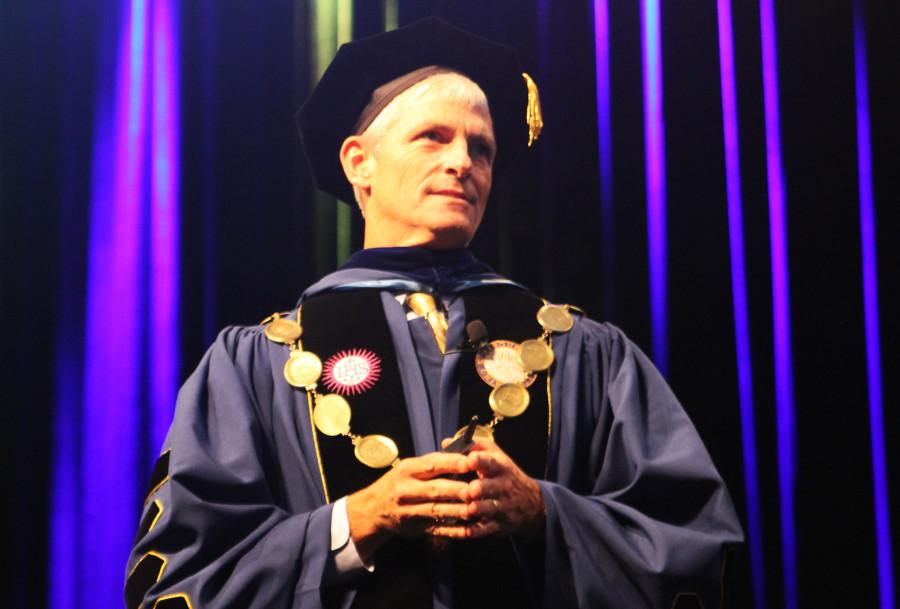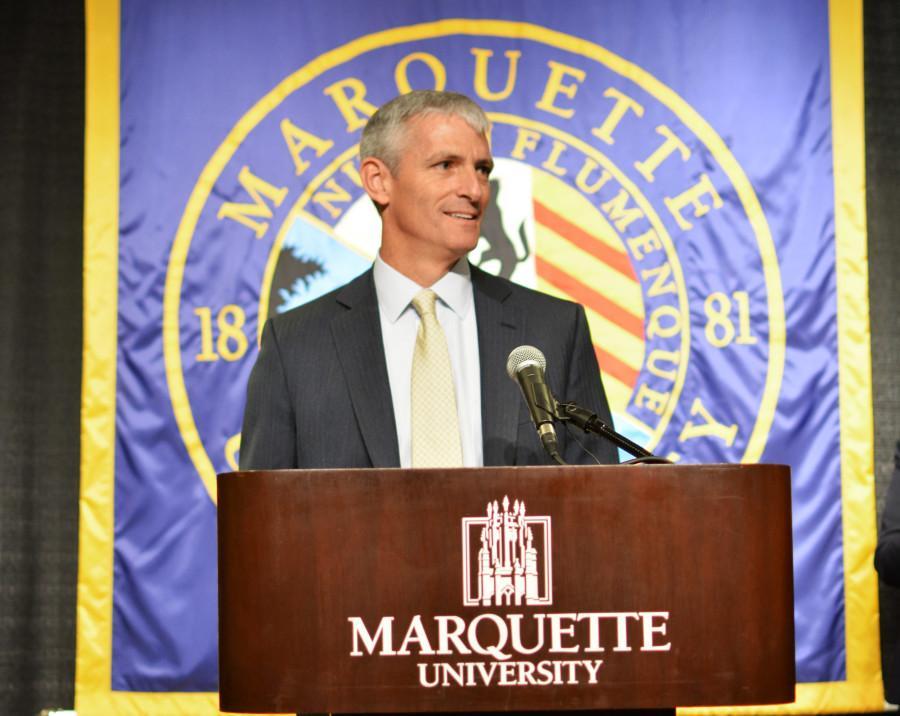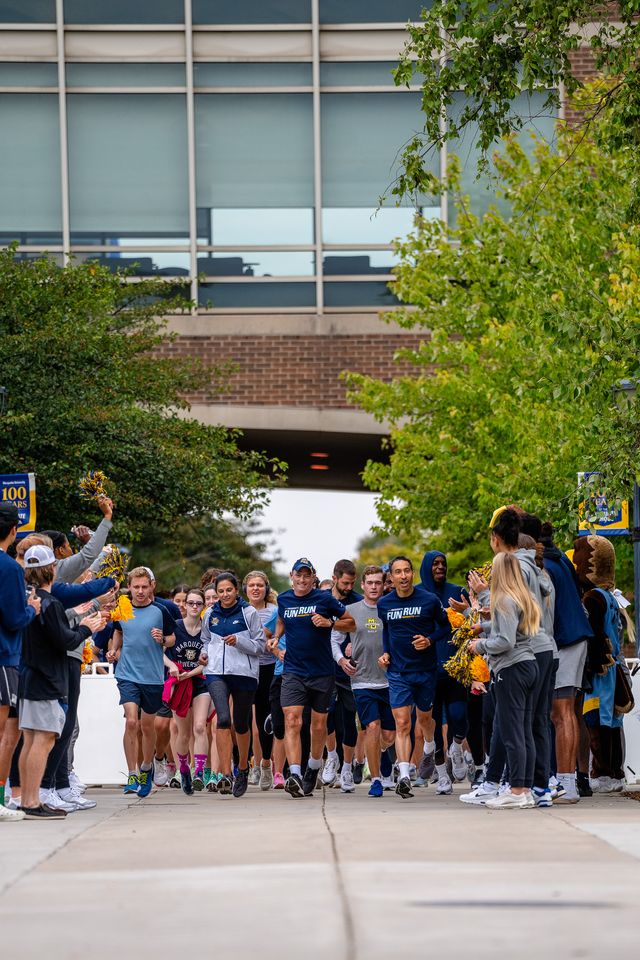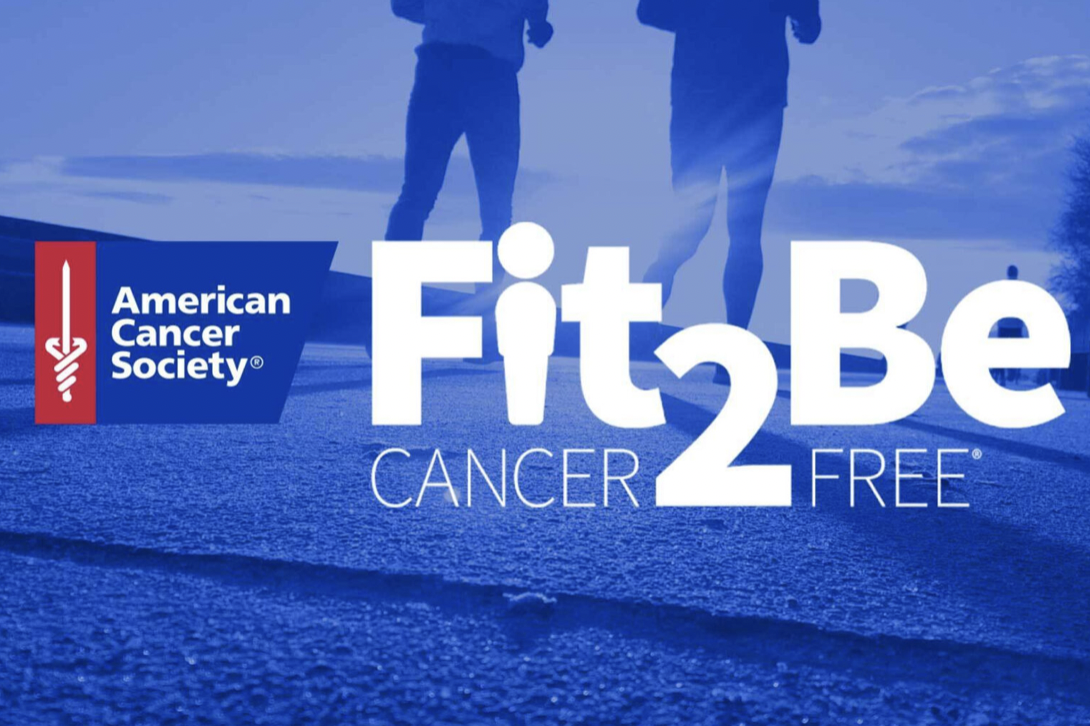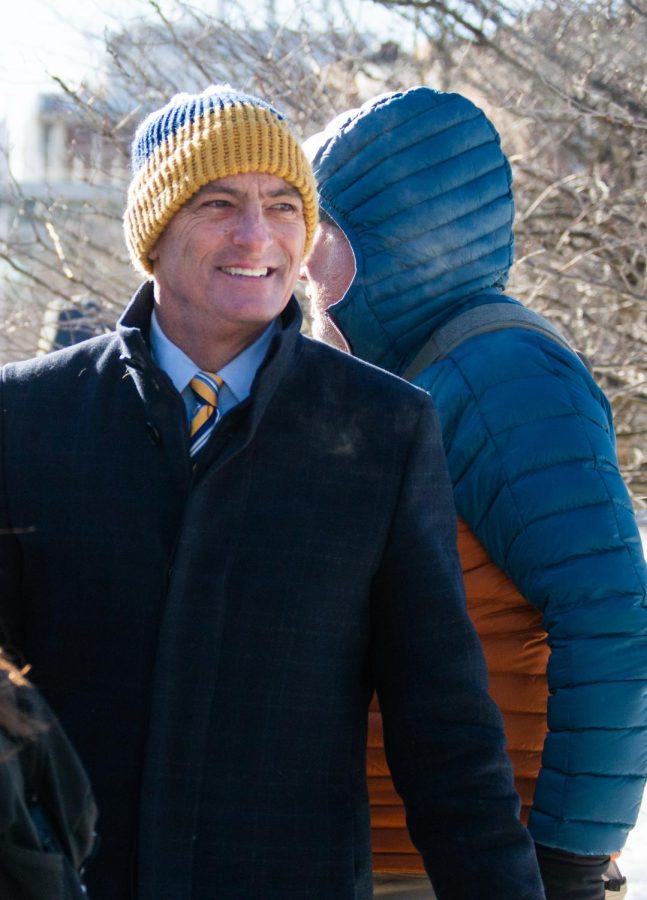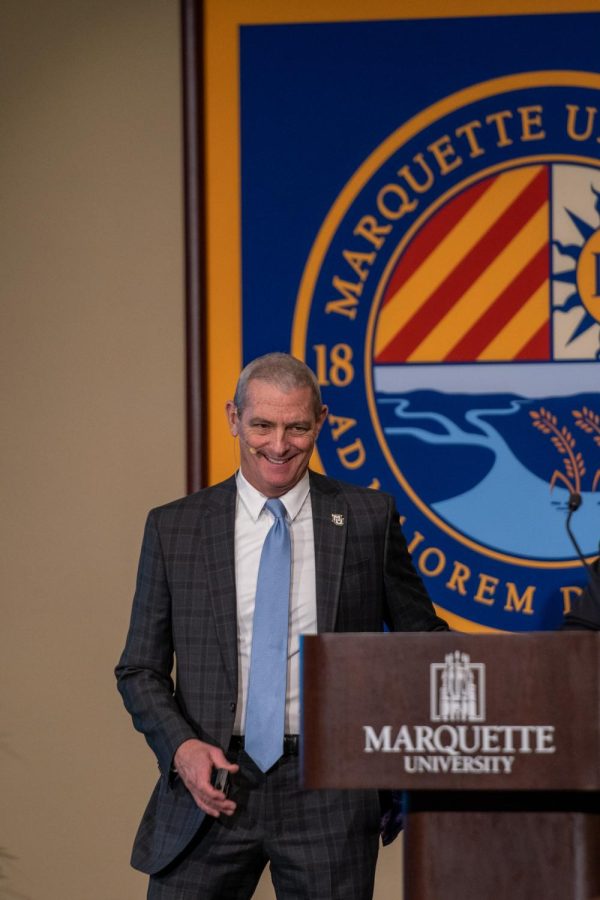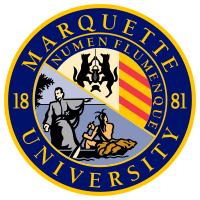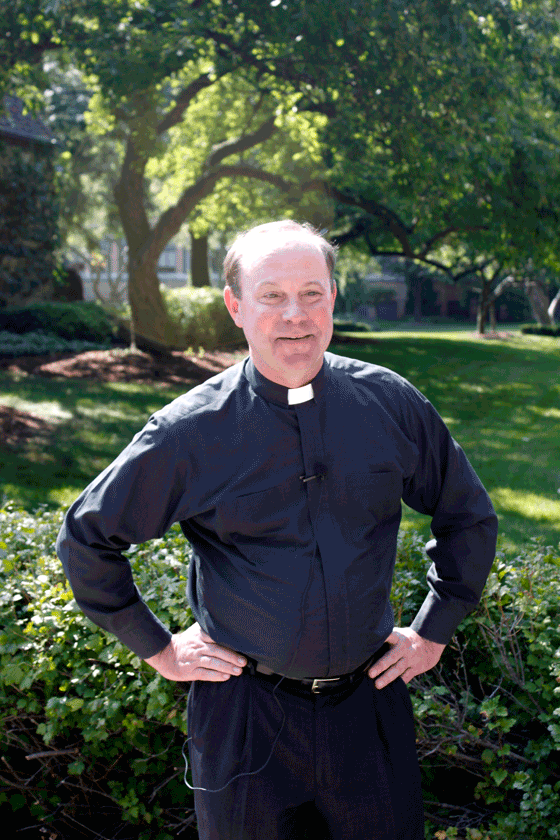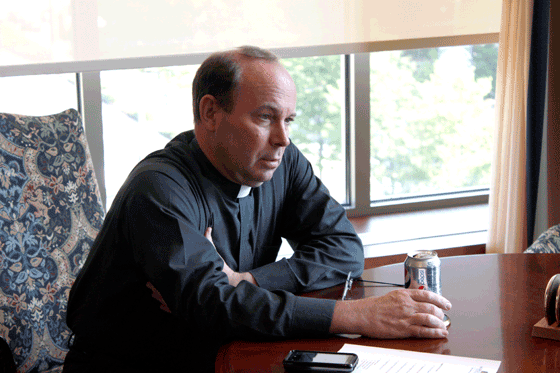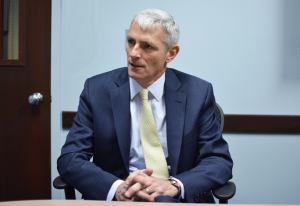
Minutes after his address to the Marquette community Wednesday, University President-elect Michael Lovell sat down for an exclusive interview with the Tribune, in which he talked in more detail about his vision for the university.
Marquette Tribune: As the first lay president at Marquette, how do you plan on upholding and continuing the Jesuit tradition here on campus?
Michael Lovell: Someone on the search committee actually said I was the most Jesuit in my approach and my style, so it comes very natural because it is what I value and believe in. But that being said, really the traditions, the pedagogy of the Jesuit community is something that I want to become better versed in just so I’m leading the institution in the way that it was meant to be led.
MT: What are some of the biggest changes for you in transitioning from a public university to a private, Jesuit one?
ML: A public university is much different. In some respects, being at a private school, you have much more flexibility because you’re not bound by the state process and the state law when you’re trying to accomplish things, and so I think that one thing that I’m looking forward to is that we can be a little more agile and dynamic when trying to move the mission of Marquette forward.
MT: How difficult was the decision to leave the University of Wisconsin-Milwaukee, and what factors did you weigh in that decision?
ML: It was the most difficult decision of my life – actually probably my professional career – just because of the fact that I was very happy there, things were going well. That’s initially when they approached me. I wasn’t really interested in the position. Over time, I realized that this is something I was being called to do. I love UWM. I have tremendous respect for the people that are there. The hardest part is leaving them and feeling in some respects like I’ve let them down. But this is a great university, and it’s going to continue to do great things.
(Being able to practice my faith in my job) was the biggest factor. Some of the other things that were appealing to me is at a private university, it is a little bit easier to work out your vision because you have more flexibility.
MT: Is there a timeline you are going to be following for filling vacancies in leadership on campus?
ML: The academic positions and athletic positions are on two different time scales. In athletics, you have to move very, very quickly to get head coaches. It’s very competitive. On the academic side, there’s a traditional timeframe where you would advertise in the fall, and you would try to get the hires done early in the winter. So we will be on that, and try to speed up as much as we can but we would hope within a year to have all the major leadership positions on campus tied down.
MT: What are you going to consider in searching for candidates to fill those vacancies?
ML: Part of it is assessing what campus leadership is here day to day, what they think, and faculty and staff on campus, what they think the most critical hires are first. I know there are several things (needed), including someone to head up enrollment. These are all things that we need to determine – which is most important and which we would fill first. Obviously, a provost is very important because they run the academic side and the institutions, and we have got to make sure we have that person in place as soon as possible.
MT: Interim University President the Rev. Robert A. Wild changed the leadership structure to a strong provost model a few months ago. What do you think of that structure?
ML: Every institution that I’ve been in previously had the strong provost model. For me to do my job effectively, you need a strong provost to be running the academic affairs on campus so that my role is really setting a vision for the university, helping execute that vision and getting resources to execute it, whether it be fundraising or partnerships or other things.
MT: You mentioned fundraising. You are switching to a different fundraising culture here at Marquette. How do you assess how to fundraise here?
ML: I’m very excited. I actually enjoy fundraising. In my time at UWM, I raised about $100 million. That’s partly through relationships with donors and finding what they’re passionate about and how that aligns with the mission of the university. I’m very excited about meeting many of our potential donors. One of the great things about meeting these successful individuals is you learn a lot from them, particularly at a place like Marquette where there is so much passion around the university, around the basketball program. They already have a strong connection to the university. It makes it easier to get them to commit to providing resources for the campus.
MT: You were very involved in social innovation projects at UWM. Do you see any of those efforts translating to Marquette?
ML: There are a lot of things we can translate. One of the things that drew me to Marquette was their focus on the social aspects, and social innovation is something I think can make a great impact here in Milwaukee. And one of the things we developed at (UWM) was the App Brewery where we developed apps specifically for social purposes. Actually, I just met with Michael Hostad, who runs that for UWM. We talked at length today about the partnerships that we could create and helping the ideas of the students at Marquette and help them be developed and actually have a city-wide effort rather than something that is just based at UWM.
MT: While you won’t take office until Aug. 1, how often do you plan on being on campus before then?
ML: I’m gonna start slowly transitioning over – (I’ll be here) probably one day a week over the next month or so. I’ll probably spend about 25 percent of my time over here after the dust settles the next three or four weeks.

